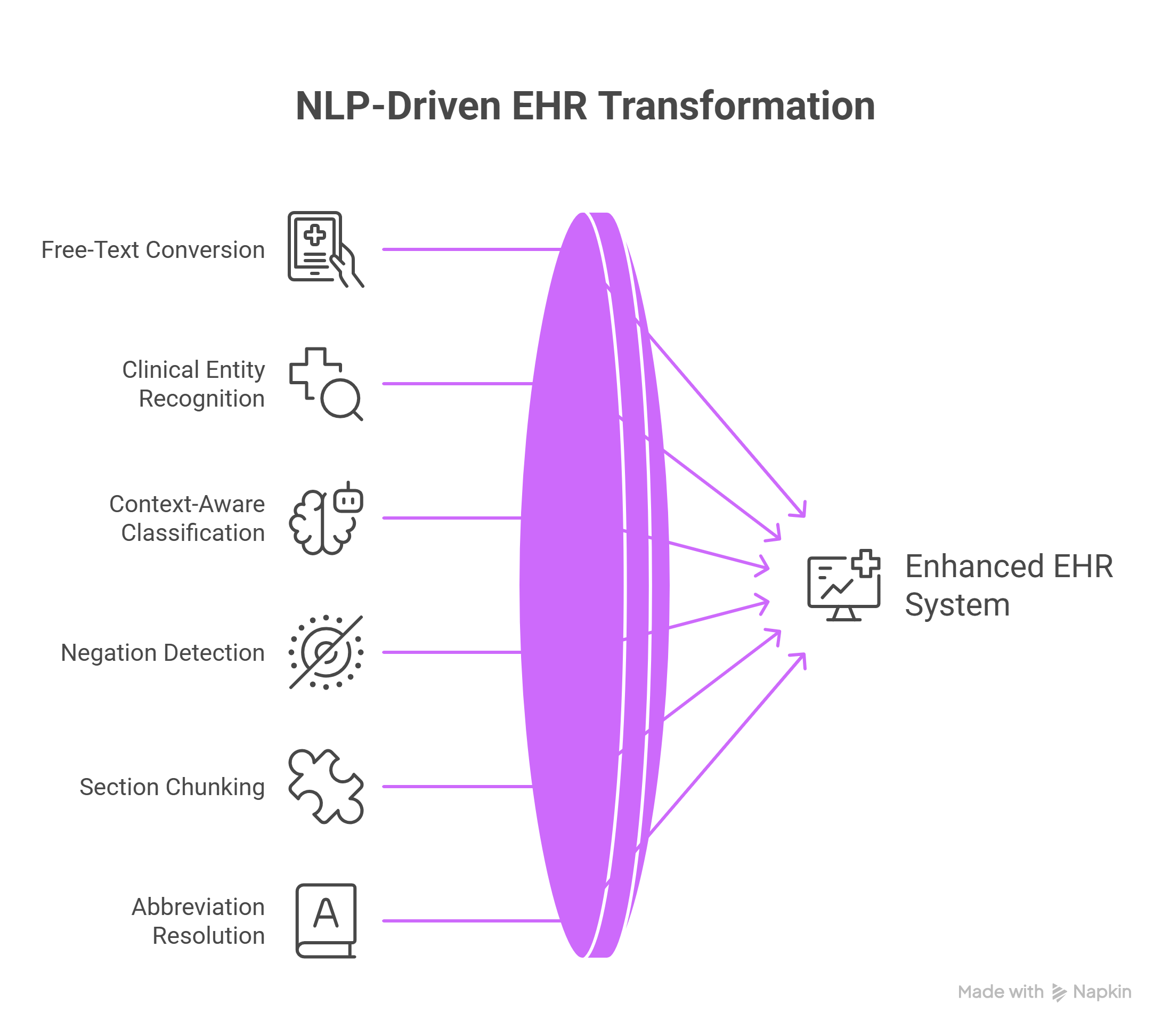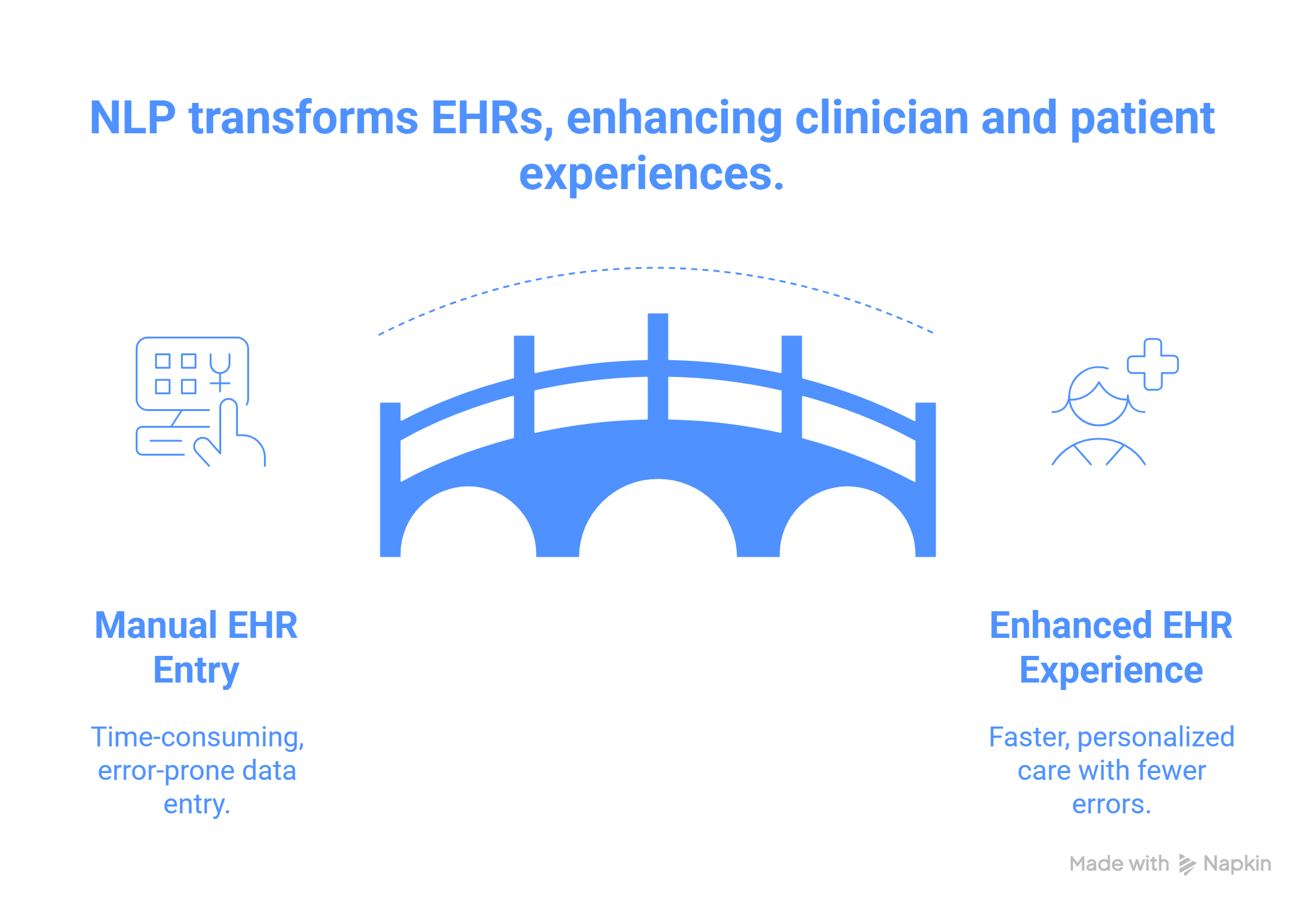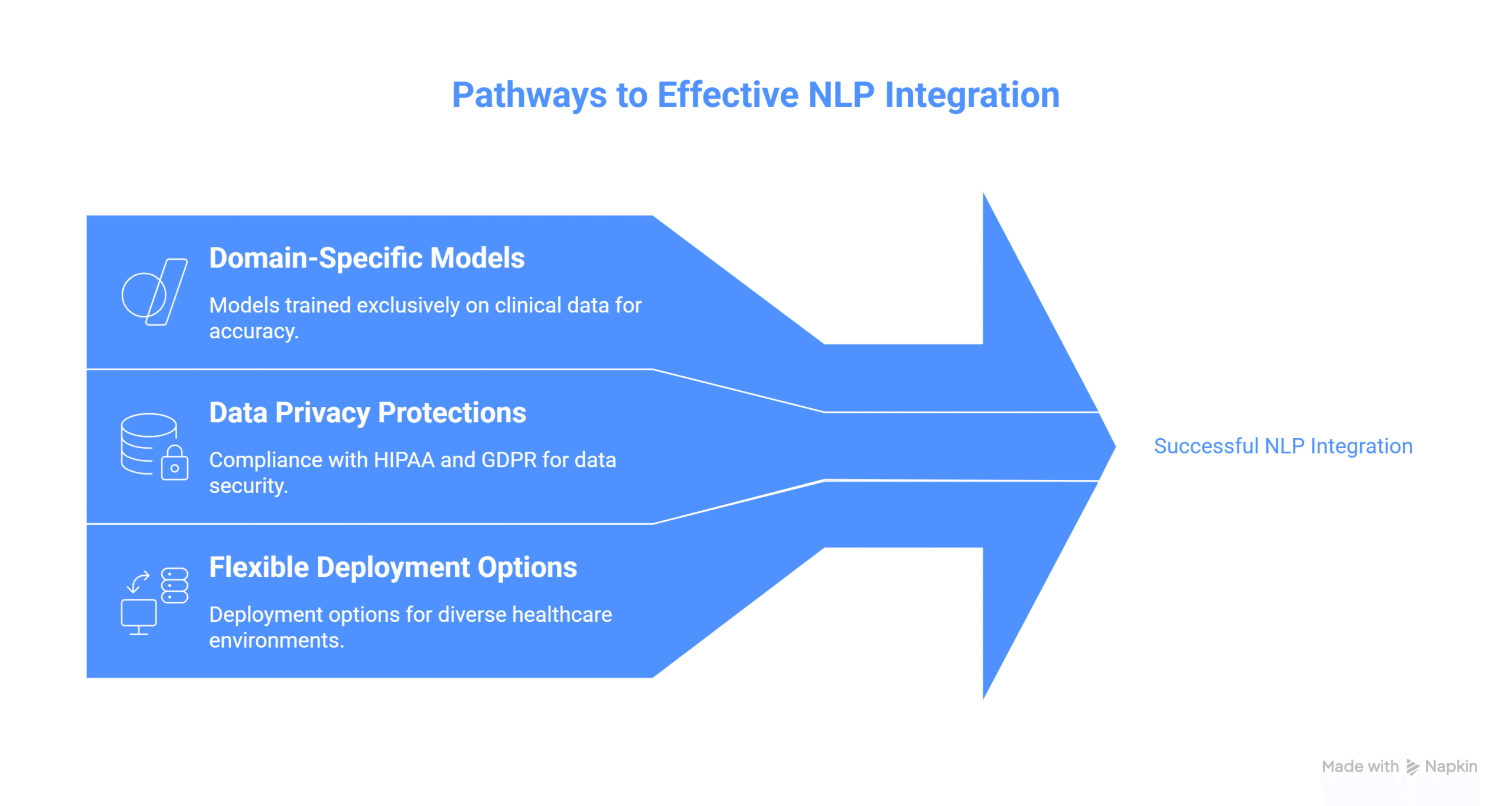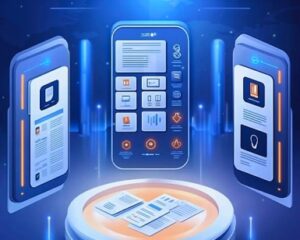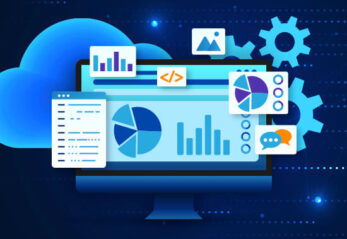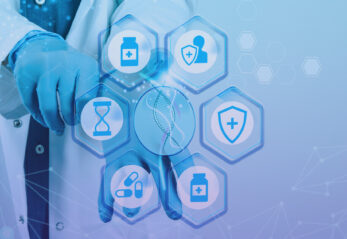How is NLP and LLMs changing the future of digital health records?
Natural Language Processing (NLP) and Large Language Models (LLMs) are transforming Electronic Health Records (EHRs) from static data repositories into intelligent, interactive systems. By understanding and extracting meaning from clinical narratives, NLP and LLMs unlock insights that structured data fields alone cannot provide. This evolution empowers clinicians to spend less time navigating menus and more time focusing on patient care.
John Snow Labs plays a critical role in this shift, offering state-of-the-art healthcare-specific NLP models through Healthcare NLP, domain specific Medical LLMs, and no-code tools like the Generative AI Lab that streamline integration into real-world workflows.
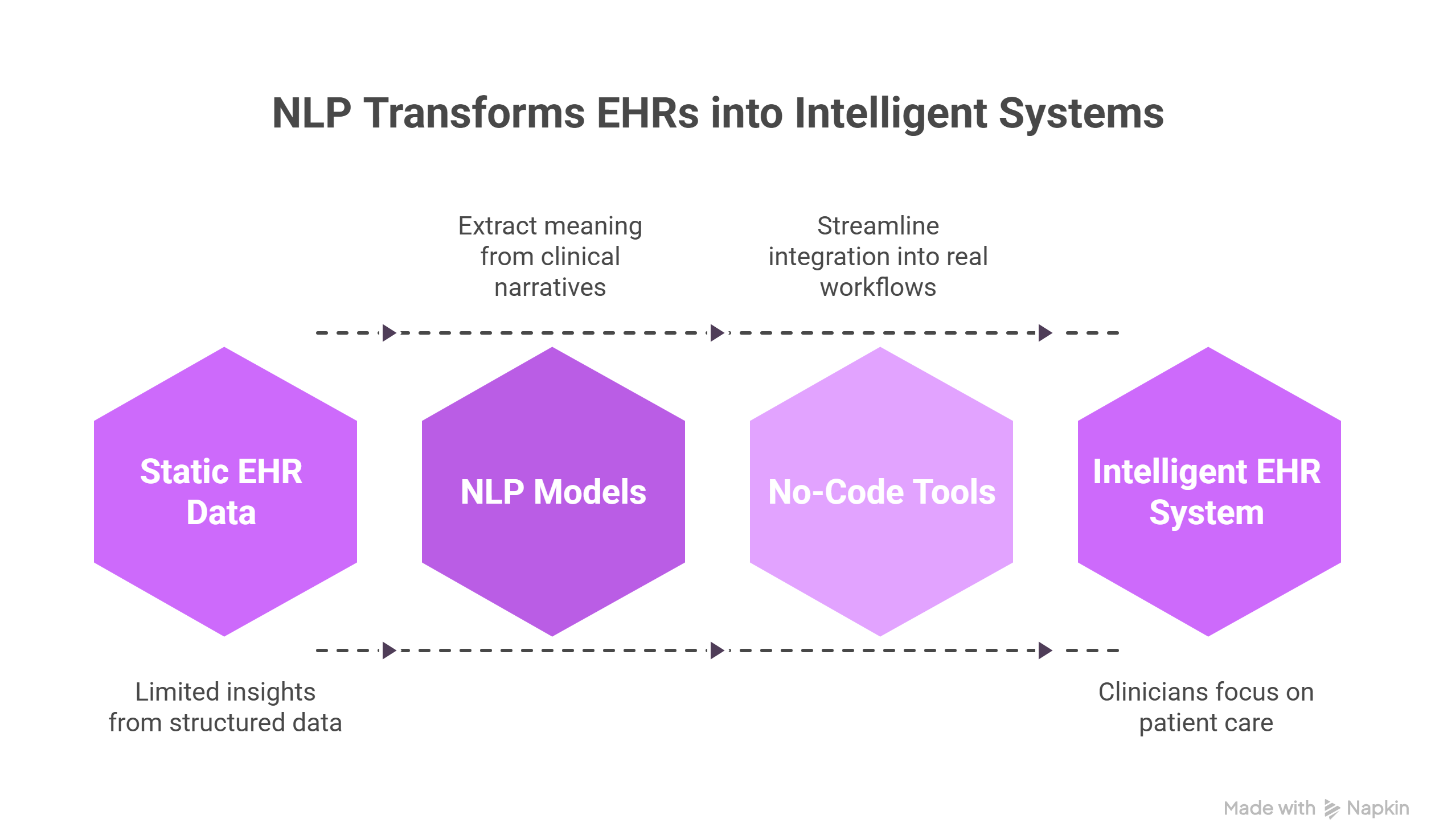
What problems does NLP and LLMs solve in EHR systems?
Traditional EHR systems are often criticized for their complexity and inflexibility. Clinicians frequently spend hours entering and retrieving information that should be instantly accessible. NLP and LLMs change this dynamic by converting free-text notes into actionable data. For example, unstructured descriptions of symptoms, medications, or procedures can be automatically tagged, categorized, and made searchable using clinical entity recognition and context-aware classification.
John Snow Labs’ clinical NLP pipelines address these challenges with high accuracy, handling everything from negation detection to section chunking and abbreviation resolution. The result is a richer, more navigable health record that reflects the real-world complexity of clinical care.
How do NLP and LLMs improve the clinician and patient experience?
By minimizing manual entry and improving information retrieval, NLP and LLMs enhance both the clinician and patient experience. Clinicians benefit from smarter interfaces that understand queries in natural language and surface the most relevant data quickly. Patients, in turn, experience fewer errors, more personalized care, and faster decision-making.
Tools like the Medical Reasoning LLM can even interpret medical history across multiple documents, supporting complex clinical reasoning in real time. This leads to more confident diagnoses, timely interventions, and improved outcomes.
What’s required to integrate NLP and LLMs into digital health records?
Successful NLP and LLMs integration depends on domain-specific models, strong data privacy protections, and flexible deployment options. General-purpose language models lack the medical expertise and contextual sensitivity needed for healthcare tasks. That’s why John Snow Labs focuses on models trained exclusively on clinical data, supporting the nuances of medical content.
All solutions meet regulatory standards like HIPAA and GDPR and can be deployed on-premise, in a secure cloud, or in hybrid environments. This ensures that integration with existing EHR systems can happen without compromising data integrity or compliance.
FAQs
What kinds of EHR data can NLP and LLMs process?
NLP and LLMs can extract insights from clinical notes, lab reports, imaging summaries, discharge instructions, and even patient-generated text. This helps unify structured and unstructured data for a complete clinical picture.
Does NLP and LLMs integration require replacing my current EHR system?
No. John Snow Labs’ tools are designed to integrate into existing systems using APIs and modular pipelines, avoiding the need for full system replacement.
How accurate are NLP models for healthcare?
With accuracy scores often exceeding 95% on industry benchmarks, these models outperform many general-purpose alternatives in extracting clinical concepts, relationships, and assertions.
Supplementary Q&A
How does NLP handle ambiguity in clinical language?
Through assertion detection, temporal resolution, and context tracking, NLP models can determine whether a condition is present, ruled out, or hypothetical. John Snow Labs’ assertion detection models excel in these tasks, enabling nuanced interpretation of medical language.
Can NLP support value-based care initiatives?
Yes. By accurately capturing and coding risk-adjusted conditions, NLP helps improve care documentation and supports reimbursement accuracy. This is critical for models like Medicare Advantage. See this blog for more.
How can I evaluate NLP models and LLMs before deploying them?
The Generative AI Lab enables domain experts to test, fine-tune, and validate models using human-in-the-loop workflows, ensuring the models perform as expected in specific clinical contexts.
























